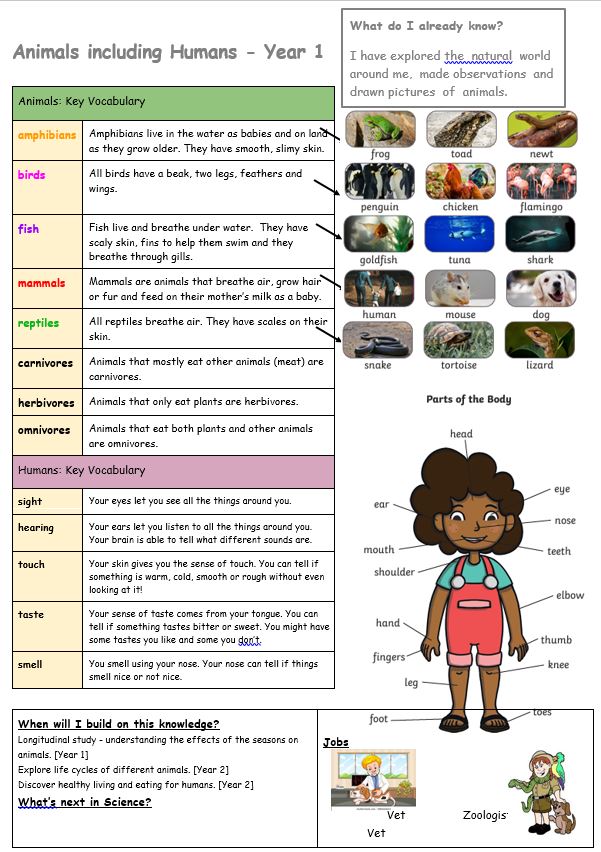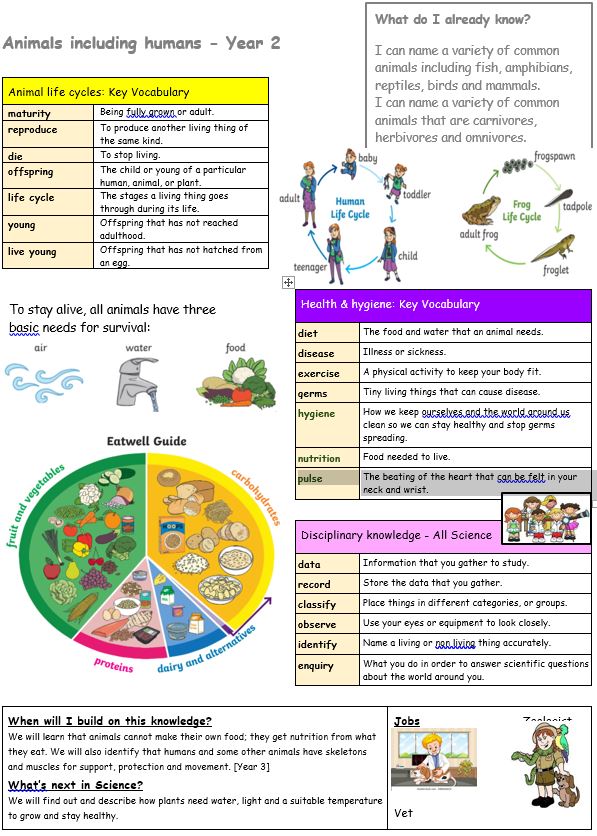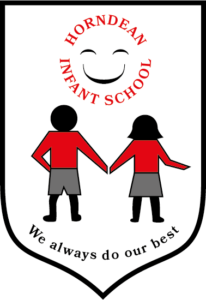Science
Our Intent, Implementation and Impact statement for Science
Intent
Science at Horndean aims to develop a fun, practical and engaging high-quality curriculum that inspires the next generation to succeed and excel in science. We do this through fully adhering to the aims of the national curriculum and fostering a healthy curiosity and interest in the sciences.
We believe science encompasses the acquisition of knowledge, concepts, skills and positive attitudes. Throughout the programmes of study, the children will acquire and develop the key substantive knowledge that has been identified within each unit and across each year group, as well as the application of explicitly-taught disciplinary knowledge.
We ensure that scientific disciplinary knowledge is built-on and developed throughout the children’s time at the school, predominantly through our longitudinal studies and investigations, so that they can apply their knowledge of science when using equipment, conducting experiments, building arguments and explaining concepts confidently, being familiar with scientific terminology and, most importantly, to continue to ask questions and be curious about their surroundings.
Implementation
The acquisition of key scientific knowledge is an integral part of our science lessons. Linked knowledge organisers (DKRs) enable children to learn and retain the important, useful and powerful vocabulary and knowledge contained within each unit. The progression of knowledge for working scientifically is developed through the year groups and scientific enquiry skills are of key importance within lessons.
At Horndean, teachers create a positive attitude to science learning within their classrooms and reinforce an expectation that all children are capable of achieving high standards in science. Our whole school approach to the teaching and learning of science involves the following:
- Science will be taught in planned, and arranged, topic blocks by the class teacher. Our strategy is to enable all children to be catered for through adapted planning suited to their abilities.
- Termly investigations and longitudinal studies allow children the opportunity to ask their own questions and use their scientific skills and research to discover the answers. This curiosity is celebrated within the classroom.
- Planning involves teachers creating practical, engaging lessons with opportunities for precise questioning in class to test conceptual knowledge and skills, and assess children regularly to identify those children with gaps in learning.
- Our curriculum is progressive. We build upon the learning and development of the previous years, which are beginning to be tested through new ‘pre-learning quizzes’ where teachers can identify misconceptions that need addressing. Acquired knowledge is beginning to be tested through the use of ‘Now I Know’ sheets, which demonstrate how secure and embedded the specific scientific knowledge is for that child.
- Disciplinary knowledge (working scientifically) is embedded into lessons to ensure these skills are being developed throughout the children’s school career, and new vocabulary and challenging concepts are introduced through direct teaching. This is developed through the years, in keeping with the topics.
- Teachers demonstrate how to use scientific equipment, and various kinds of disciplinary knowledge in order to embed scientific understanding. Teachers find opportunities to develop children’s understanding of their surroundings by accessing outdoor learning and workshops with experts – visitors to the school or experts that are at work on educational visits.
- Forest School forms part of our curriculum and provides students with an opportunity to explore a local habitat as well as a rich context for the study of key science units (living things and their habitats, animals including humans and plants).
Impact
The successful approach to the teaching of science at Horndean results in a fun, engaging, high quality science education that provides children with the foundations for understanding the world that they can take with them once they complete their primary education.
So much of science lends itself to outdoor learning, and we provide our children with opportunities to experience this. Our Forest School curriculum, longitudinal research and investigative explorations around the school allow the children to learn in an authentic environment and increase the motivation to develop their scientific knowledge.
Pupil voice is used to further develop the Science curriculum, through questioning of pupils’ views and attitudes towards Science, to assess the children’s retention of scientific vocabulary and powerful knowledge, and their enjoyment of science.


